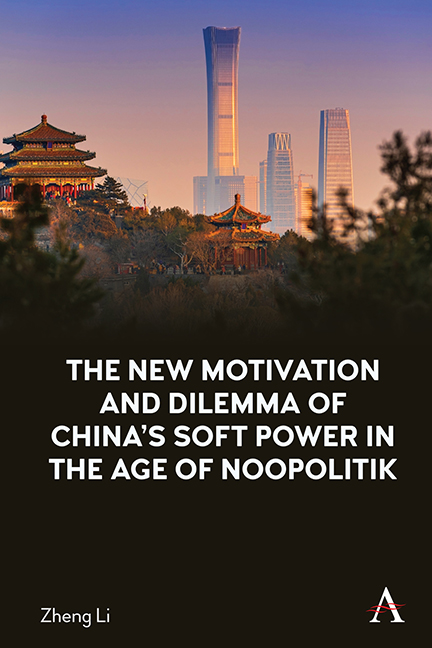Book contents
- Frontmatter
- Contents
- List of Figures and Tables
- List of Abbreviations and Acronyms
- 1 The Anti-Corruption Campaign and the Chinese Dream
- 2 Debating Governance and the Rule of Law: China’s Narrative and Images in Western Countries
- 3 Soft Power and Sharp Power in the Age of Noopolitik
- 4 Methodology
- 5 The Framing of Governance: the China Model and the Chinese Dream
- 6 When ‘House of Cards’ Meets ‘in the Name of People’: Framing China’s Anti-Corruption Campaign
- 7 Discussion and Conclusion
- Notes
- References
- Index
1 - The Anti-Corruption Campaign and the Chinese Dream
Published online by Cambridge University Press: 06 October 2022
- Frontmatter
- Contents
- List of Figures and Tables
- List of Abbreviations and Acronyms
- 1 The Anti-Corruption Campaign and the Chinese Dream
- 2 Debating Governance and the Rule of Law: China’s Narrative and Images in Western Countries
- 3 Soft Power and Sharp Power in the Age of Noopolitik
- 4 Methodology
- 5 The Framing of Governance: the China Model and the Chinese Dream
- 6 When ‘House of Cards’ Meets ‘in the Name of People’: Framing China’s Anti-Corruption Campaign
- 7 Discussion and Conclusion
- Notes
- References
- Index
Summary
As the world's second-largest economy, the People's Republic of China (henceforth China) has begun to play an increasingly important role in the international community. Being susceptible to suspicion in the international community because of its military development and the size of its economy, China has invested heavily in developing its capacity to influence attitudes and discourse by using its soft power resources. The most notable projects are based on the promotion of traditional culture (Confucius Institute) or the expansion of media agencies. This monograph focuses on the impact of China's domestic politics, especially some of the latest developments in soft power projection that have occurred during the fifth-generation leadership.
Chitty (2017, p. 27) argues that soft power has two vectors: internal and external. Good governance and the rule of law represent high-quality internal soft power that generates external soft power as a by-product. The main task of this study is to examine China's soft power in Australia regarding its own domestic politics, particularly in terms of its governance model and the rule of law. The anti-corruption campaign and the targeted poverty alleviation were selected as cases to examine if China's soft power was enhanced. The research involves an empirical analysis of Chinese and Australian media as well as in-depth interviews with Australian public diplomacy experts. The congruity between China's promotion of its soft power and Australia's interpretation of it offers a better understanding of the interplay between domestic politics and soft power in international communication.
The Social Background and Challenges
There is no doubt that it is challenging to govern a state like present-day China, a country with a fast-growing economy and a rapidly changing society. China has made great economic progress since the reform and open-door policy began in the late 1970s. The reform has accelerated the process of modernization and urbanization. But compared with the economic development, the work in social reforms and political reforms has not been as smooth. The economic reform and the internet brought on challenges that previous generations have not ever faced.
- Type
- Chapter
- Information
- Publisher: Anthem PressPrint publication year: 2022

